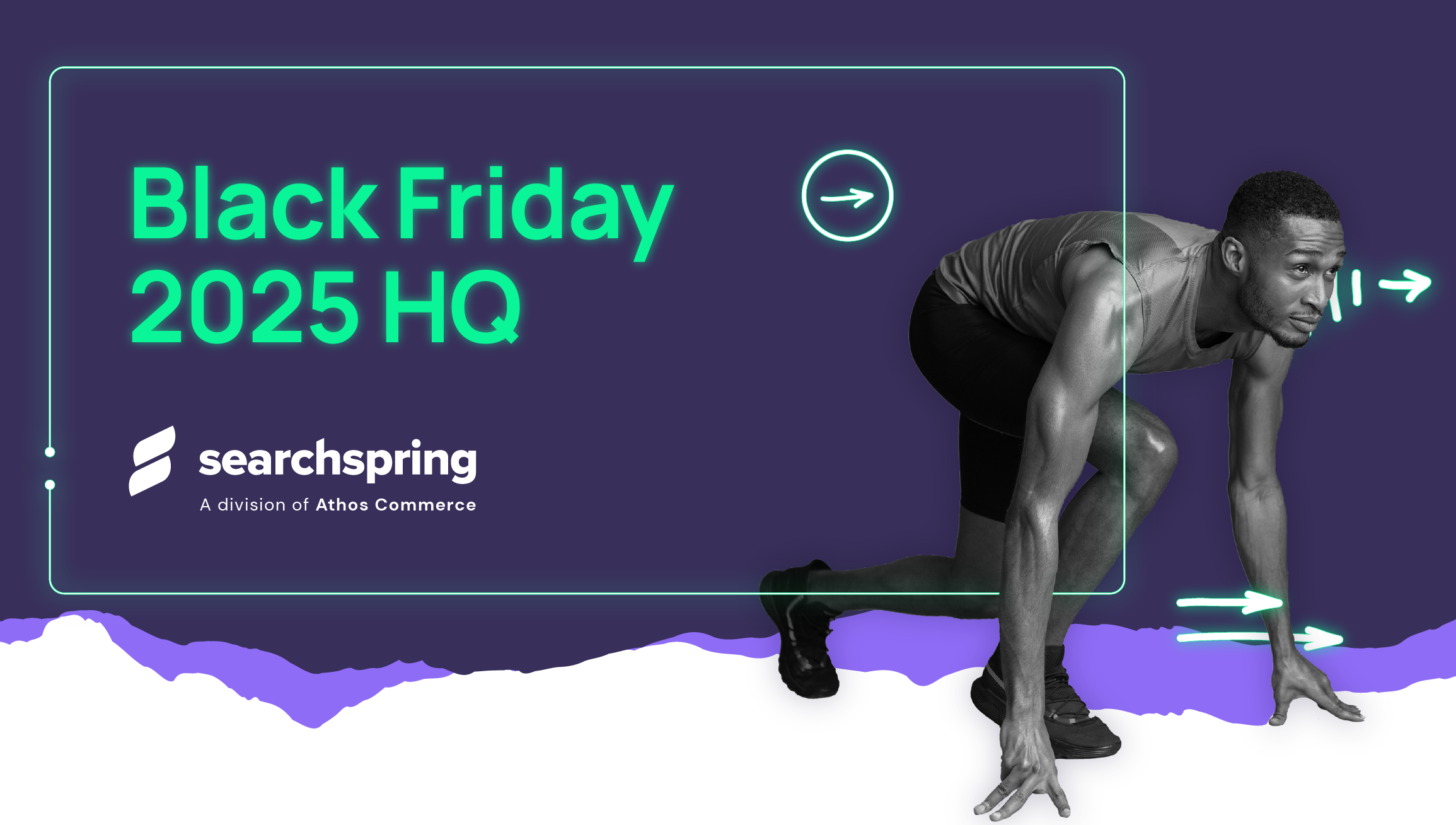One of the most anticipated – and challenging – times for online merchants is the time leading up to Black Friday and Cyber Monday. Between the increased volume of site visitors, purchases, and transactions, the pressure is on to ensure a seamless experience.
While planning for Black Friday / Cyber Monday sales events, an old saying come to mind: hope for the best, prepare for the worst.
One can plan every little detail and have everything perfect – or so they think. What do you do when something goes wrong that is out of your control? This is why it’s important to not only have your own contingency plan, but to also collaborate with third-party vendors and work their contingency plan into your overall strategy.
The Black Friday Challenge
Black Friday is a critical sales period for ecommerce sites. The added strain on the infrastructure of ecommerce platforms and associated third-party services can often times lead to downtime, slow website performance, or technical glitches.
The Role of Third-Party Vendors
Online stores often heavily rely on various third-party vendors for services such as search, merchandising, personalization, payment processing, logistics, and cybersecurity. These partnerships are instrumental in delivering a seamless and efficient online shopping experience. However, when these services fail or experience disruptions, it directly impacts the ability to capitalize on peak sales periods like Black Friday.
The Importance of Contingency Planning
- Risk Mitigation: Contingency planning involves identifying potential risks and developing strategies to mitigate them. Assess vulnerabilities associated with third-party vendors and establish backup plans to minimize the impact of any disruptions.
- Communication Protocols: Establishing clear communication protocols with third-party vendors is crucial. Ensure lines of communication are open before, during, and after the long Black Friday / Cyber Monday weekend. This includes having a designated point of contact, emergency response plans, and regular updates on the status of services.
- Load Testing and Scalability: Prior to the Black Friday rush, collaborate with third-party vendors to conduct thorough load testing on systems. This ensures that platforms can handle the anticipated surge in traffic and transactions. Discussions on scalability measures also need to be discussed to determine how to handle unexpected peaks in demand.
- Data Security Measures: Black Friday attracts not only customers but also cyber threats. Work closely with your cybersecurity vendors to reinforce their defenses. This includes implementing advanced security measures, monitoring for potential breaches, and having a rapid response plan in place.
- Performance Monitoring and Analytics: Collaborate with third-party vendors to implement robust performance monitoring tools. Real-time analytics help identify issues before they escalate, enabling swift responses to maintain optimal website performance.
For ecommerce sites gearing up for Black Friday / Cyber Monday, success depends on careful planning and collaboration with third-party vendors.
The significance of a well-thought-out contingency plan cannot be overstated. It acts as a safety net, ensuring that unforeseen challenges do not derail the potential for revenue growth during this period. Foster strong partnerships, address vulnerabilities, and implement proactive measures, in order to navigate Black Friday with confidence and deliver a stellar online shopping experience.




